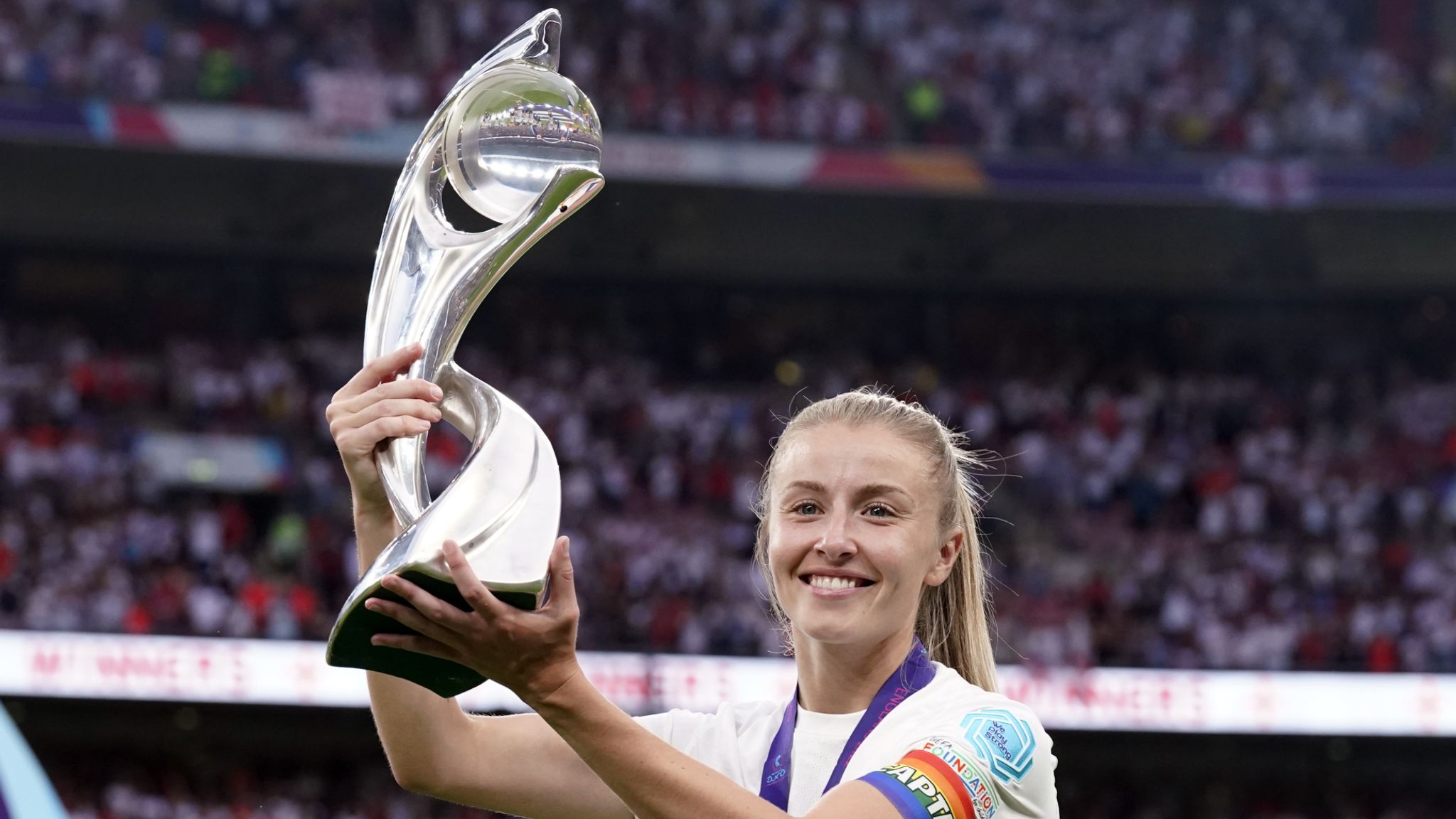
The rise in technical talent and rich player storytelling has driven cultural momentum behind women’s football. Gen Z and Gen Alpha audiences are emotionally invested and demanding equal representation. Major global brands are now consistently activating across both club and international tournaments, committing to long-term strategic partnerships, rather than one-off campaigns. We’ve moved into an era of sustained interest and belief in the women’s game. It’s no longer just a trend; it’s a cultural shift.
The time to get involved is now. UEFA is targeting over 500 million global viewers for WEURO 2025, and Switzerland’s strong infrastructure and central European location indicate it’s likely to be strongly attended on the ground. It’s a huge validation for the commercial opportunity behind sponsorship, as this level of potential reach is not something brands can afford to miss.
But with mounting pressure on UEFA and FIFA to deliver fairer funding, prize money and broadcasting rights, we’re at a crunch point. With more record-breaking sponsorship deals across multiple tournaments, brands risk stretching activation budgets thin. New approaches are needed to drive deeper impact, such as linking campaigns across properties and connected sponsorship across both men’s and women’s football, to distribute funds without undermining the women’s game.
It’s a wider conversation than brand investment; that’s just the tip of the iceberg. To achieve true long-term investment equity, we need to see meaningful action, such as revenue reinvested into grassroots programmes, league infrastructure and talent development. WEURO 2025 provides the perfect prompt to inspire this change.